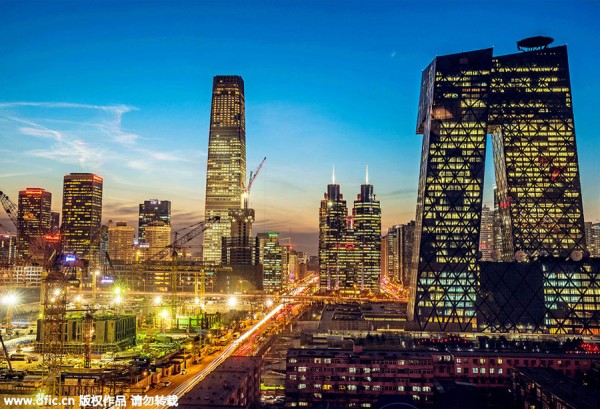From the 10th spot, Shenzhen made a huge leap in energy efficiency and environmental quality for the past two years and now topped a list published in a recent study.
In the study, 100 cities were examined for their "resource and environmental sustainability" using an index developed by the Chinese Academy of Sciences and Accenture Plc, China Daily reported.
The indicators that were used included water and energy consumed per GDP unit, the intensity of fine particulates in the air, the recycle rate for industrial waste, emissions of sulfides and carbon emissions per capita.
The other cities who made it to the top 10 include Taizhou, Xiamen, Zhanjiang, Weihai, Qingdao, Haikou, Fuzhou, Nantong and Yangzhou.
Chinese major cities such as Beijing and Shanghai scored poorly in the index. The Chinese capital ranked 19th from its 15th spot, and Shanghai moved from the 22nd to the 18th spot.
The study also found out that the country's major city clusters, including the Beijing-Tianjin-Hebei and Chengdu-Chongqing clusters, had been stagnant in the sustainability chart.
The study urged for a great use of information technology to curb emissions as it estimated that the application of such can reduce the annual global carbon emission by 12.1 billion tons by 2030.
Meanwhile, Li Guanghai, the managing director of Accenture Strategy in Greater China, noted that "technology is evolving really fast."
"What's great about technology is it helps to thaw boundaries of industries. For example, Uber is changing the roles of consumers, taxi drivers and regulators while making self-ownership of cars less necessary," Li added.
Li also said that key Chinese firms are already exploring different kinds of technologies that will help reduce energy consumption.


